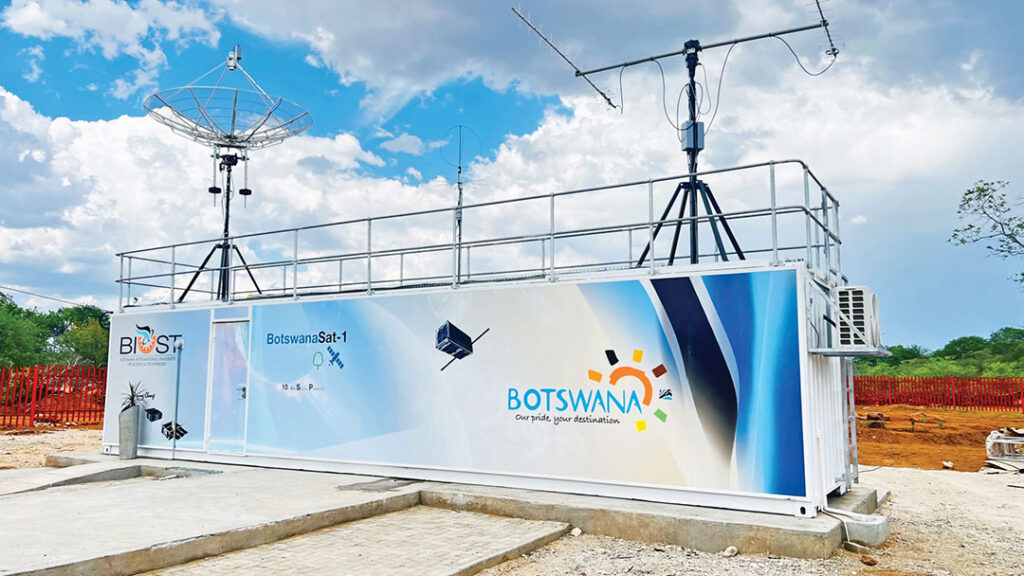Botswana has launched its first satellite, BOTSAT-1,
in an effort led by 80 volunteers from the Botswana International University of Science and Technology. The launch, despite the fact that Botswana does not have a space agency or national space policy, offers a model for developing countries looking to gain a presence in space, reported Space in Africa.
Developed over four years, BOTSAT-1 was launched into orbit by Space X’s Falcon 9 rocket in March 2025 and is circling Earth at an altitude of about 500 kilometers. It scans Botswana with a sweep observation area of about 32 kilometers, offering valuable data for environmental conservation, food security and urban planning.
“Rather than purchasing satellite data from external providers, the Botswana team took the initiative to develop their own satellite,” Space in Africa reported. “This decision would not only provide the needed Earth observation capabilities but also advance the country’s Human Capacity Development goals.”
Dr. Dimane Mpoeleng, the project lead for the BOTSAT-1 mission, said the satellite effort is part of a national push to begin a space program.
“The government has now prioritised the establishment of a space agency, which will be key in implementing subsequent BOTSAT missions,” Mpoeleng told Space in Africa.
The team already is working on BOTSAT-2 and is partnering with schools to inspire children to study space science. The first message from BOTSAT-1 was the country’s national anthem in Setswana, Botswana’s national language.
“The successful launch of BOTSAT-1 is the first step in Botswana’s broader space strategy, which aims to expand the nation’s satellite capabilities for scientific research, environmental sustainability, and digital transformation,” reported Dragonfly Aerospace. “It also sets a precedent for future African-led satellite missions, demonstrating the power of strategic partnerships in driving innovation.”

